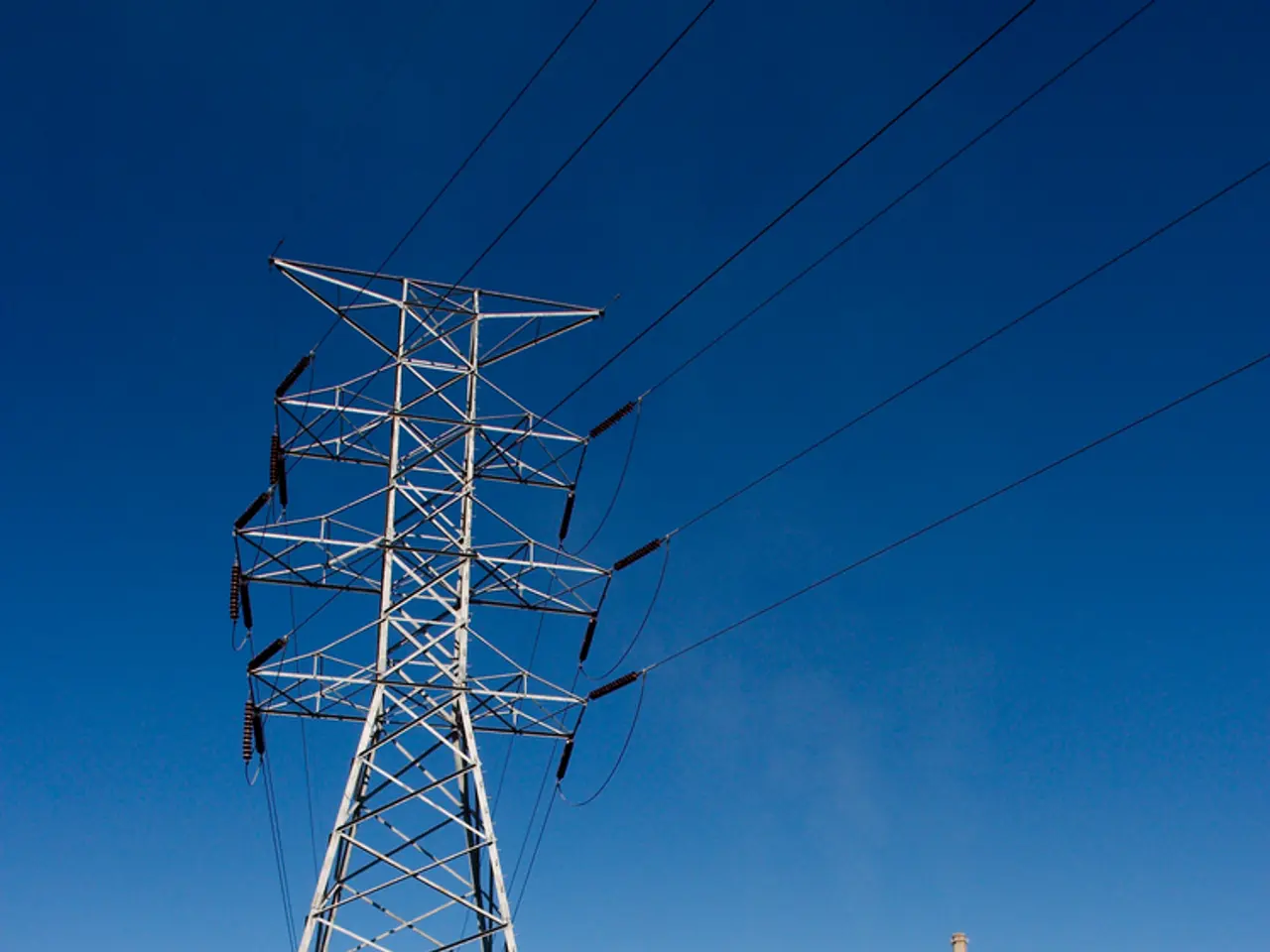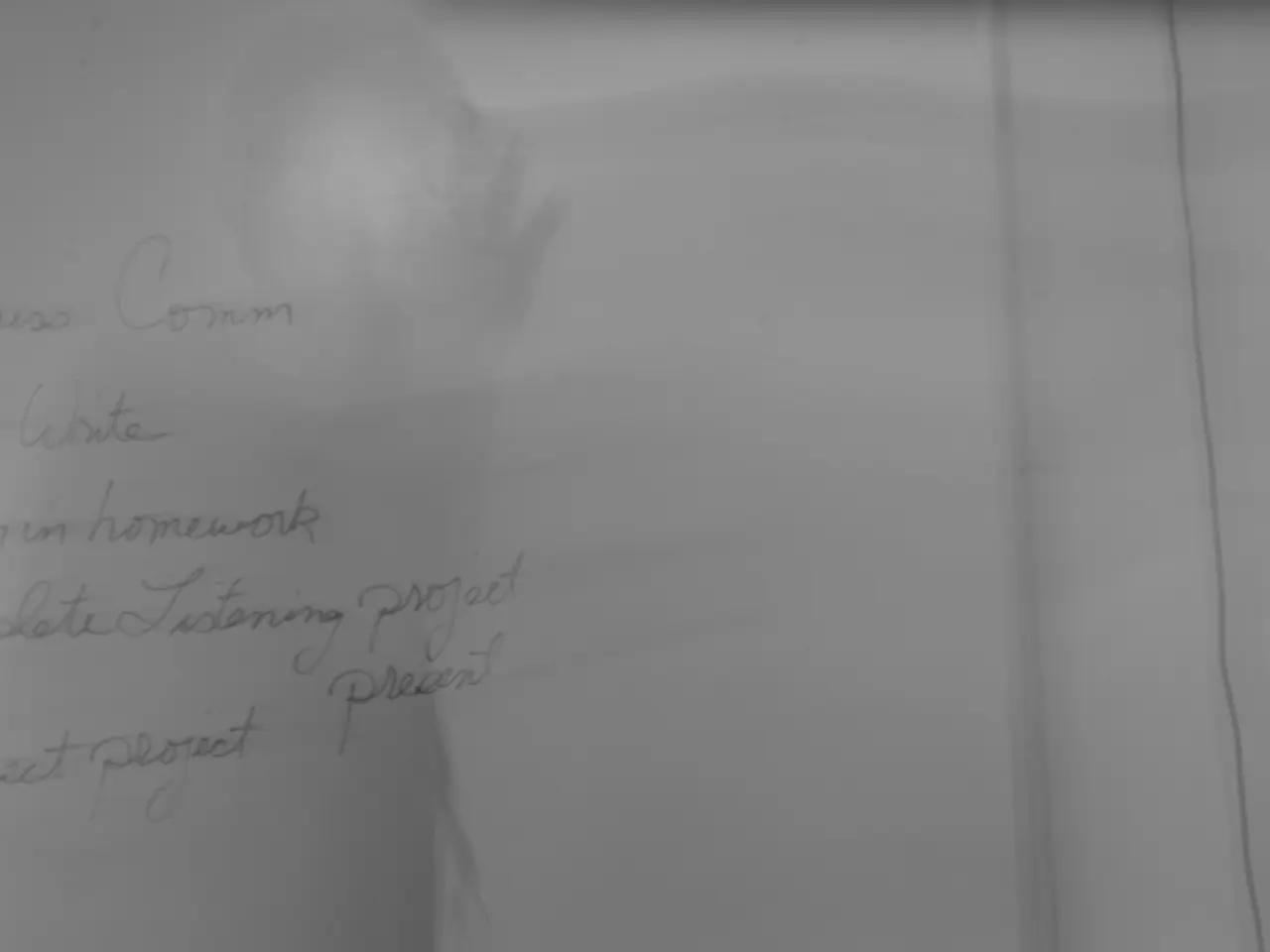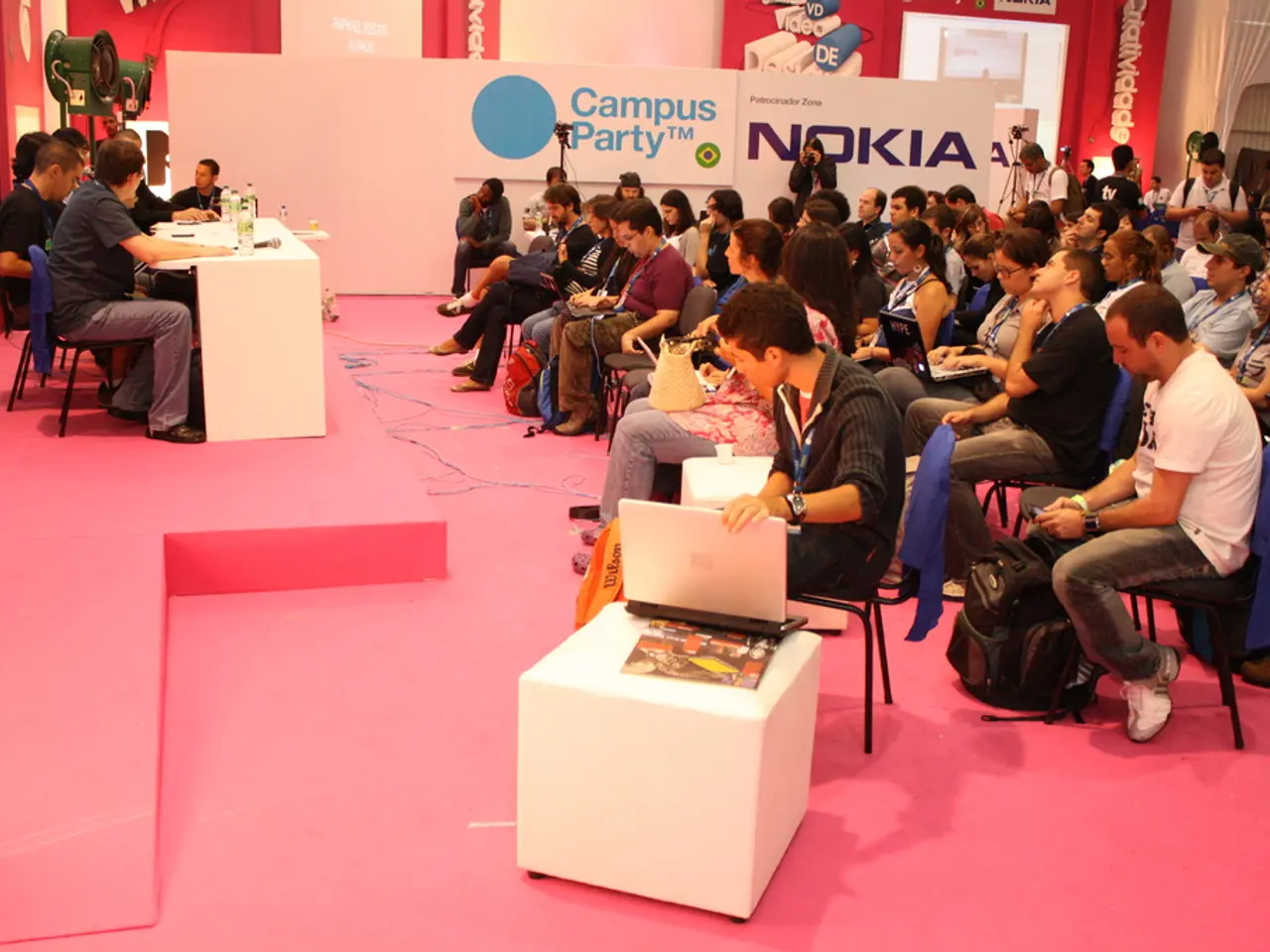Grid stability maintained by Ministry of Electricity, Water and Renewable Energy during heatwave
Kuwait's Ministry of Electricity Tackles Summer Power Demand Amidst Soaring Temperatures
Kuwait's Ministry of Electricity, Water and Renewable Energy has launched an extensive plan to maintain grid stability during the peak summer months, as the country experiences temperatures above 48°C.
The urgent response plan includes real-time load management and public outreach campaigns, aimed at conserving electricity, particularly during peak hours between 11 a.m. and 5 p.m. Eng. Fatima Hayat, a senior official at the Ministry, emphasised the need for public cooperation in these efforts.
In a bid to prevent power outages, the Ministry has also been working on importing emergency power from GCC neighbours to address the unprecedented electricity loads experienced this year. Additionally, they are accelerating investments in renewable energy and climate adaptation, with major solar and wind projects like the Shagaya Renewable Energy Park in the pipeline. The goal is to generate 15% of energy from renewables by 2035.
Building sustainable infrastructure, such as green buildings and improved water management, is another key aspect of the strategy. These initiatives aim to support the overall energy system resilience under harsher climatic conditions.
While the specific grid technologies used by the Ministry during this period are not detailed, global trends relevant to grid stability include deploying advanced smart grid technologies, such as Huawei’s Smart String Grid-Forming Energy Storage Systems. These systems enable rapid frequency regulation and black start capabilities, ensuring grid resilience and seamless transitions between on/off grid states.
The Ministry has sent a load alert message via the Sahel app when the power load reached 17,545 megawatts, nearing the critical orange zone. These proactive efforts have helped maintain grid stability and prevent a recurrence of last year's summer peak loads.
Eng. Fatima Hayat confirmed that the Ministry has implemented these operational and public awareness initiatives in cooperation with both government and private entities. The fifth annual exhibition, "We Will Not Forget the Brutal Invasion and Our Righteous Martyrs," held under the patronage of Minister Dr. Subaih Al-Mukhaizeem, serves as a tribute to Kuwait's resilience and a reminder of the cost of freedom.
Al-Jarida daily reported on these operational and public awareness initiatives, highlighting the Ministry's commitment to ensuring the stability of the national electricity grid during peak usage months. The exhibition was held to mark the 35th anniversary of Iraq's 1990 invasion of Kuwait.
These initiatives have been in place since the start of the summer and have been instrumental in maintaining grid stability amidst extreme temperatures. The Ministry's proactive approach underscores its dedication to providing a reliable electricity supply for the people of Kuwait, even under challenging conditions.
- The Ministry of Electricity, Water, and Renewable Energy in Kuwait is not only focusing on managing summer power demand during scorching temperatures, but also accelerating investments in renewable energy and climate adaptation, such as the Shagaya Renewable Energy Park, to generate 15% of energy from renewables by 2035.
- Amidst the urgency to prevent power outages, the Ministry is also working on cooperative projects with both government and private entities, including renewable energy projects, as part of their broader strategy for environmental-science and sustainability.
- Recognizing the importance of finance in achieving these goals, the Ministry is also likely to explore potential collaborations with the industry and financial sectors, given the significant role these sectors play in the deployment of advanced technologies, like Huawei's Smart String Grid-Forming Energy Storage Systems, for addressing climate-change and energy challenges.




